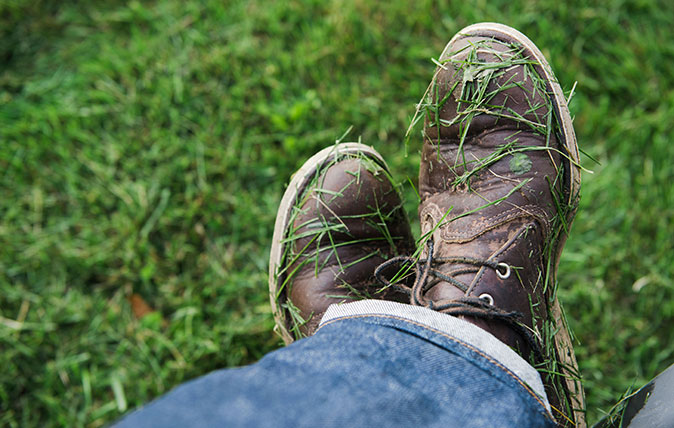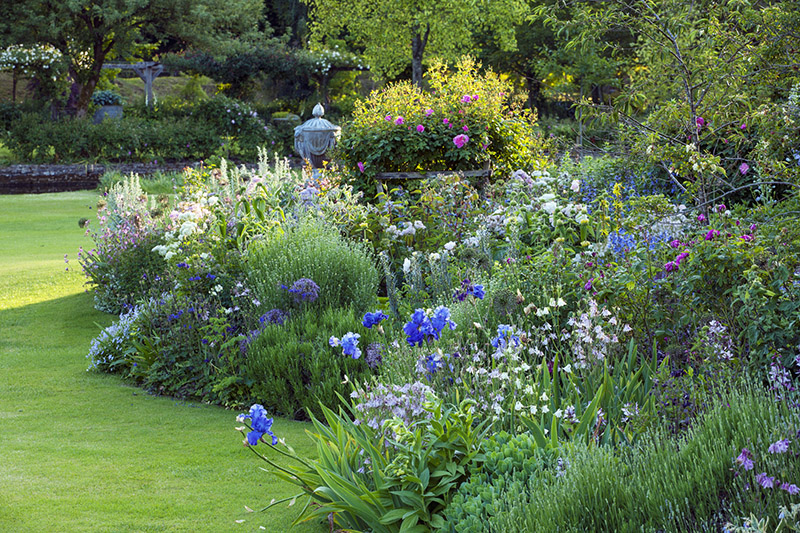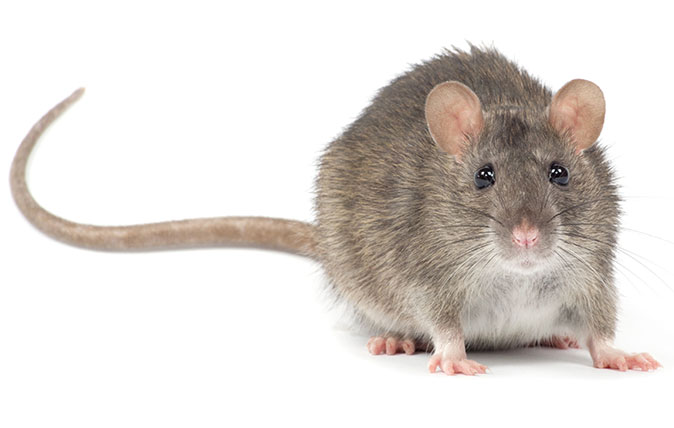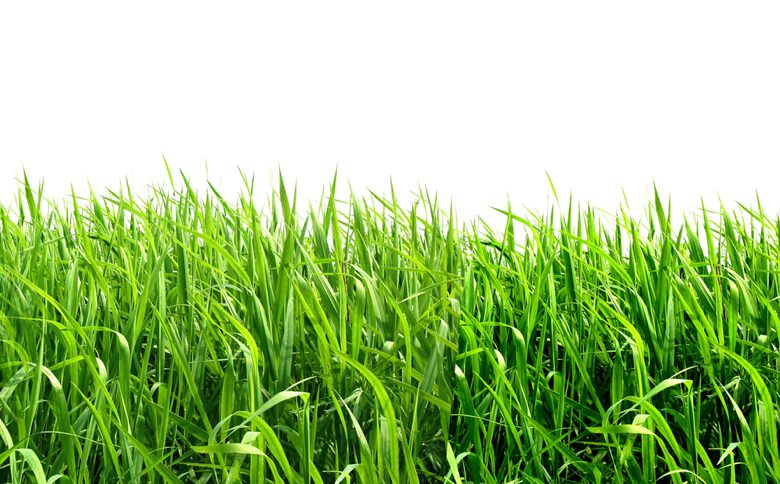Curious Questions: Why does freshly-mown grass smell so good?
Nothing says 'Spring is here' better than that wonderful aroma of newly-cut lawn. Martin Fone, author of 'Fifty Curious Questions', explains why it smells so good.


In our household my other half is the gardener. I am confined to maintenance duties aka mowing the lawn, the size of which reduces annually as she takes up more of the garden with her borders. My dream of having a sit-on mower is rapidly fading into the distance.
Still, one of the undeniable benefits of being consigned to manicuring the lawn is the marvellous aroma of freshly mown grass. That and the smells of a garden immediately after a rain shower are, to my mind, two of the most wonderful and quintessential smells of an English summer. But what causes the newly mown grass to smell so fresh?
The answer is that the grass releases organic compounds called green leaf volatiles – GLVs – which are part of the plant’s defence mechanism.
The release of GLVs has a number of purposes. First, in response to the trauma of having its head chopped off, the grass uses the GLVs to stimulate the formation of new cells around the blade’s wound to repair the damage.
Some of the GLVs act as a kind of antibiotic to prevent bacterial infection and to minimise fungal growth. Some GLVs combine with other chemicals in the plant to produce what might be termed a distress signal to warn other parts of your lawn of the fate that is about to befall them.

It is not just humans who prompt this release of GLVs. Interestingly, some plants use GLVs as a means of making insects that are munching them more attractive to their predators. All leafy plants seem to generate GLVs to a greater or lesser extent, and so any creature – be it a herbivore or an insect – or any implement deployed by Homo sapiens may cause it to happen.
The specific and distinctive whiff released by traumatised grass is due to eight related and oxygenated hydrocarbons, the heady cocktail of which includes aldehydes and alcohols. I suppose we are not so aware of the odour when cattle or sheep are grazing on grass because they do not cause so much damage to such a large expanse of grass in so short a time. That and the fact that they are busily creating other odours that overpower the smell of the grass.
Exquisite houses, the beauty of Nature, and how to get the most from your life, straight to your inbox.
As is always the way these days, we can’t just luxuriate in this wonderful aroma without some spoilsport wanting to pour a bucket of cold water over our enjoyment. According to some Aussie researchers, the compounds that contribute to the aroma are precursors to ozone formation and may assist in the creation of smog in cities and towns.
You know what? I don’t care if they do. Sometimes you just have to appreciate the simple pleasures of life.
I’m off to get my fix – the lawn beckons!
- Martin Fone is author of ‘Fifty Curious Questions’, from which this piece is an excerpt – find out more about his book or you can order a copy via Amazon.

Curious Questions: How do you make the perfect cream scone?

Credit: Alamy
Curious questions: Are you really never more than six feet away from a rat?
It's an oft-repeated truisim about rats, but is there any truth in it? Martin Fone, author of 'Fifty Curious Questions',

Book review: The Smell of Summer Grass by Adam Nicolson
Leslie Geddes-Brown reviews the memoir from Adam Nicholson of his time at Perch Hill in Sussex

Credit: Dreamstime
Gas from grass: The bold plan which could end the fracking debate, and boost farming
A bold new scheme is in place which claims to be able to kill off the idea of fracking, give
After graduating in Classics from Trinity College Cambridge and a 38 year career in the financial services sector in the City of London, Martin Fone started blogging and writing on a freelance basis as he slipped into retirement. He has developed a fearless passion for investigating the quirks and oddities of life and discovering the answers to questions most of us never even think to ask. A voracious reader, a keen but distinctly amateur gardener, and a gin enthusiast, Martin lives with his wife in Surrey. He has written five books, the latest of which is More Curious Questions.
